Alexis Campbell
Junior, History major/Writing minor,Fayetteville GA
What draws you to this work? Why is studying Black girlhood important to you as a student at Spelman College?
Being a student at Spelman has given me a chance to rediscover what girlhood means to me and how we can preserve our inner selves without relinquishing our growth into adulthood. I'm drawn to this work by the need to fight for Black girls to understand how worthy they are of an unapologetic existence. I refuse to continue to see Black girls grow up without being affirmed of their right to experience joy, self-love, and excitement for life, so I'm dedicated to creating a new world where Black girls can truly live.
abstract
The Case of Black Girls: Centering Queer Black Girlhood (The invisibility of Black girls from the conversation of queerness in youth) Campbell, A.
In today’s social landscape, research on the impacts of identifying as queer in youth has become prominent, with school being the primary place to study the impacts. As discussions about the impact of identifying as queer during youth take center stage, a critical issue emerges. As research attempts to broaden understanding of how youth are impacted by identifying outside of the binary, Black girls are continuously left out or filtered through a white-centric perspective despite queer identity-related issues disproportionately impacting Black girls. Ignoring or inaccurately portraying the thoughts and challenges queer Black girls grapple with in social spaces silently denigrates their experiences and creates an archive that ignores the full spectrum of experiences regarding queerness as a youth.
This paper will unearth the gaps in analyzing Black girlhood (ages 12-18) and queerness by synthesizing the current availability of sources on this topic along with carrying out an ethnographic case study through participant observation. This research pursues two primary objectives: Firstly, it seeks to encourage scholars and experts to integrate intersectionality into their exploration of queer identity among youth. Secondly, it advocates for allowing Black girls full autonomy to identify in ways that make them sprout and glow with happiness. By doing so, this research will be a step toward acknowledging and rectifying the lack of perspective in research on the invisibilities queer Black girls face in school and other social spaces as they grapple with their gender identity.

